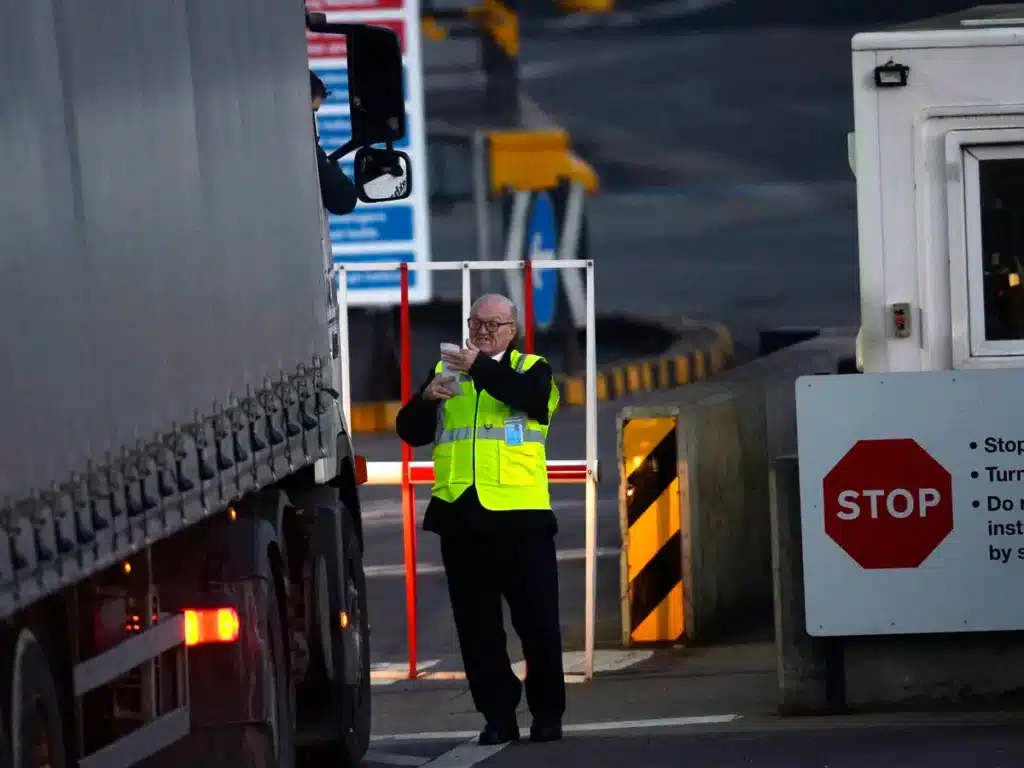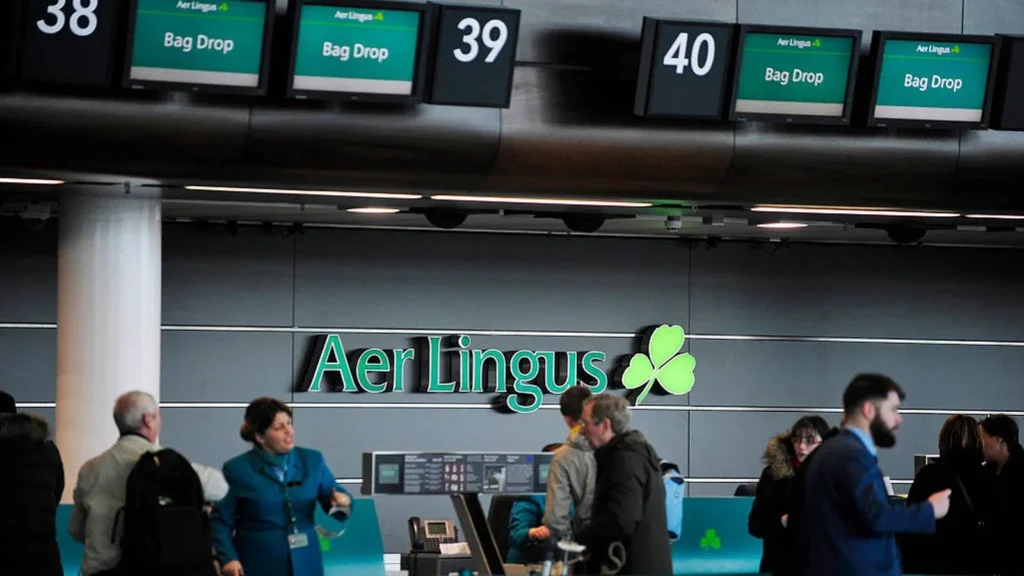Ireland’s Luxury Car Market Thrives with €120000 Sales Surge
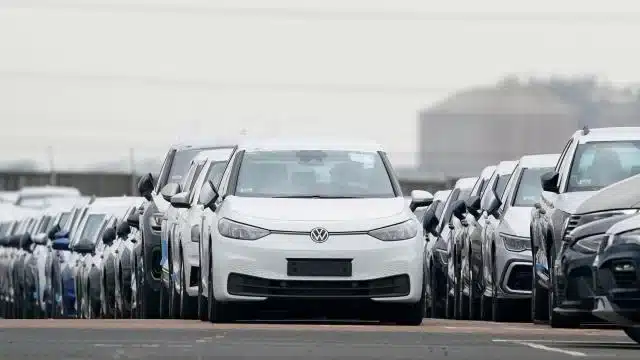
In a surprising turn of events, Ireland’s luxury car market witnessed a remarkable surge as the number of people purchasing cars exceeding €120,000 nearly doubled within the first 10 months of last year. The startling figures were made public by Finance Minister Michael McGrath, who confirmed that 899 cars valued at more than €120,000 had Vehicle Registration Tax (VRT) registrations through October 31, 2023. This significant increase is a stark contrast to the 488 luxury cars registered for the entire year of 2022.
(Also read Dry January in Dublin 2024-Things you need to do.)
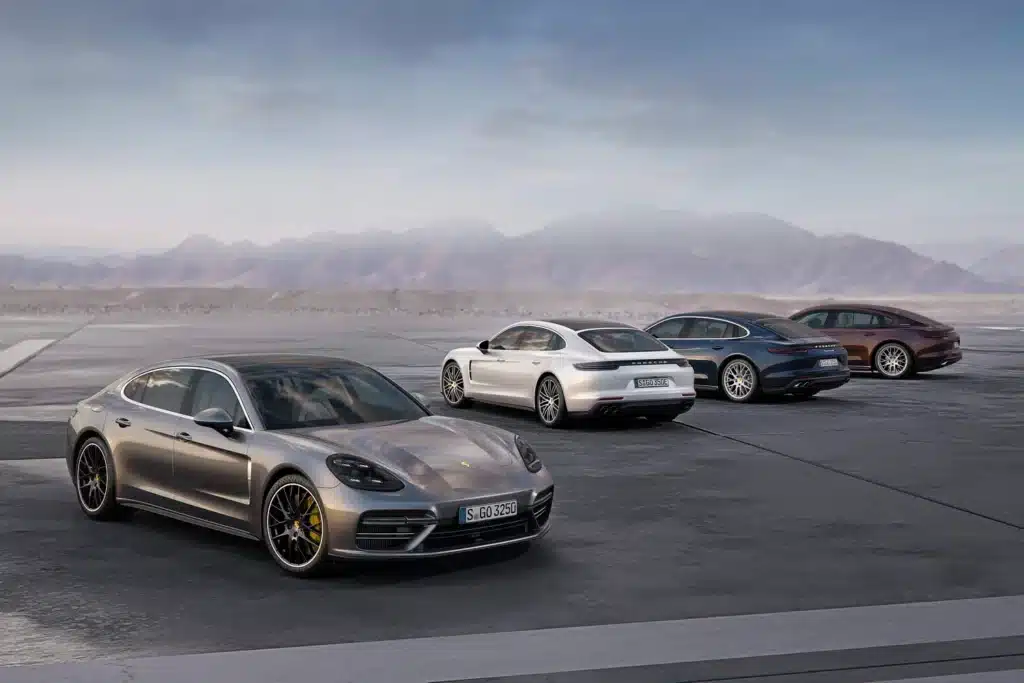
Ireland’s Luxury Car Market Statistics
The revelation came in response to a parliamentary question posed by Fianna Fáil TD Jennifer Murnane O’Connor, seeking details on the sales of cars with open market prices above €50,000, €75,000, €100,000, and €120,000 in both 2022 and 2023. The data presented by Minister McGrath indicated a notable surge in the number of people buying cars priced over €50,000, with a 43% increase in the first 10 months of 2023 compared to the same period in 2022.
Breaking down the figures, it was disclosed that in 2022, 20,213 cars priced over €50,000 were sold, including 16,044 cars in the €50,000 to €74,499 range and 3,058 cars between €75,000 and €99,999. Additionally, 623 cars priced between €100,000 and €119,999 were purchased, alongside 488 cars valued at over €120,000.
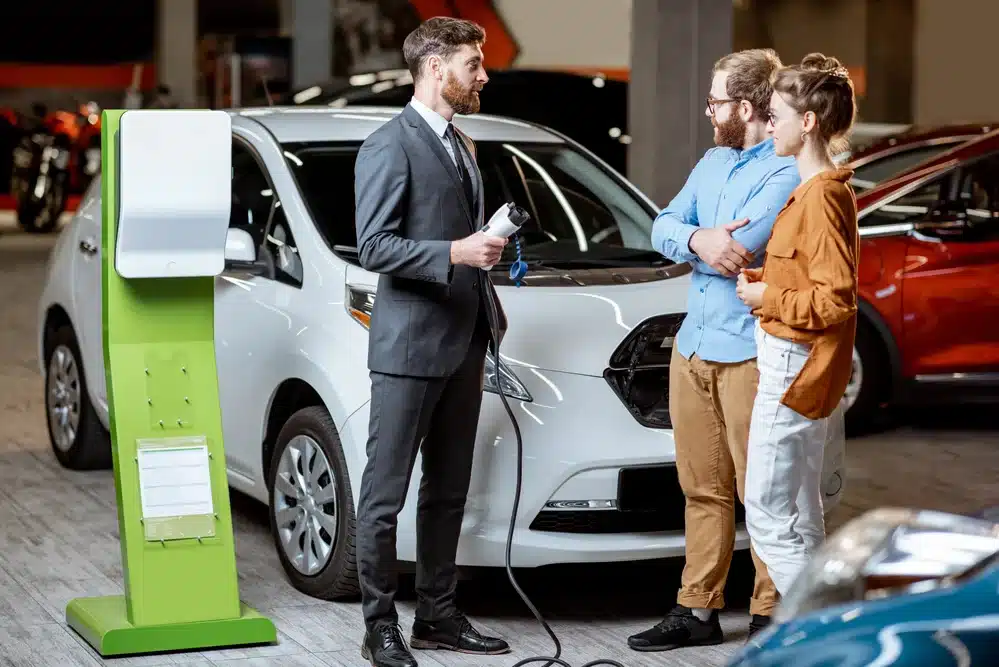
Fast forward to October 31, 2023, and the numbers further escalated, with 23,074 cars falling in the €50,000 to €74,999 bracket and 3,591 cars exceeding €75,000 but less than €100,000. Notably, the category of cars priced between €100,000 and €119,000 more than doubled to 1,279 units, while the high-end segment of cars valued over €120,000 witnessed a staggering increase to 899 registrations.
Luxury cars in this bracket include prestigious models like the BMW 7 Series, Range Rover SE, and Mercedes-Benz S-Class. The surge in sales of such high-value vehicles is indicative of Ireland’s luxury car market, with discerning consumers opting for top-tier automotive experiences.
In a related development, Minister Jack Chambers disclosed that only 14% of drivers pay their motor tax in a physical motor tax office. By the end of November 2023, there were 4.6 million tax discs delivered; only 631,587 of those were processed in physical offices; the remaining 3.9 million were ordered online. The shift towards online transactions varies across regions, with 93.5% of Dublin residents opting for online tax payments compared to 74% in Roscommon.
The evolving landscape of Ireland’s automotive and tax payment habits reflects a dynamic consumer base, embracing both luxury and digital convenience in their purchasing decisions. As the luxury car market continues to thrive, it remains to be seen how these trends will shape the future of Ireland’s automotive industry.
LATEST NEWS
DISCOVER MORE

